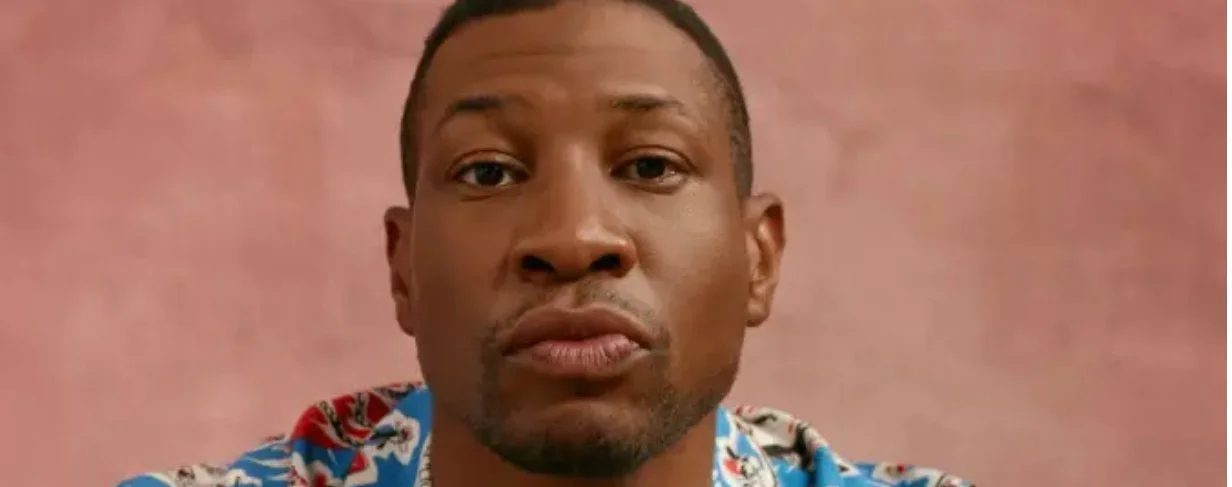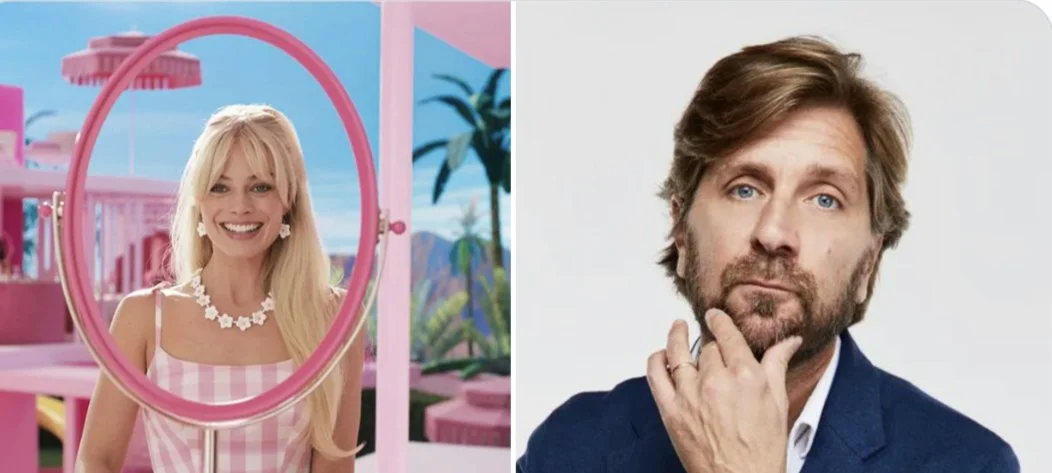An interesting interview with “Triangle of Sadness” filmmaker Ruben Ostlund, via Premiere. Before I tackle the headline, he does mention having completed the first draft of his upcoming film, “The Entertainment System is Down.” We’re looking at a 2024 shoot for this one.
Now, in the interview Ostlund is asked about his thoughts on Cannes announcing that Greta Gerwig would preside over the jury of next year’s 77th edition of the festival, and then, barely answering the question, he just goes on this anti-“Barbie” rant:
I saw “Barbie”, yes. For me, it's cynicism disguised as optimism. It perfectly describes the madness of our time. A toy manufacturer [Mattel] finances their own film and buys off an American auteur filmmaker to make their very old-fashioned dolls more presentable... It's completely crazy, in my opinion. The film is more about the virtual world than the real world. It's about statements, quotes, constantly taking a stand against something, etc. I didn't like it. One of the positives about capitalism is that as there is competition, we create more products. And we try to make them better than the last ones. And for that, we need word of mouth between audiences. But a film like “Barbie” pirates this process by putting a ton of money into marketing, and there is barely any word of mouth.
His words echo in large part Kelly Reichardt’s take on Gerwig’s film. Back in September, Reichardt criticized “Barbie” as “marketing over art.”
Forget about Bill Maher, and a slew of others, calling “Barbie” a “preachy, man hating movie,” that’s besides the point. “Barbie” is satire. I’m not as mad as them about the Mattel board in the film being all-men because, again, satire. What they failed to recognize was the more depressing factor about Gerwig’s film.
The masses had been fed the thought that they absolutely needed to go see “Barbie.” During the time of its release, when you Googled “Barbie” pink glitter would start sprinkling all over your screen. I’m not even joking. I don’t know how Warner Bros convinced Google to pull this off.
Of course, the "Barbenheimer" phenomenon, mostly a social media construct, encouraged audiences to catch “Barbie” and “Oppenheimer” as a double feature, and I believe we should be thankful for that because Nolan’s talky, arty film probably benefited from the marketing push.
In the months leading up to the release of the film, you couldn’t escape “Barbie.” Even folks who don’t go to the movies, and have absolutely no interest in movie theaters, were sold with various “Barbie” branding from the likes of Airbnb, Bloomingdale's, Burger King, Forever 21, Gap, Xbox and many others.
What got lost was actual conversation about the film. “Barbie” turned into an event where people spoke more about having caught the film than the film itself.






